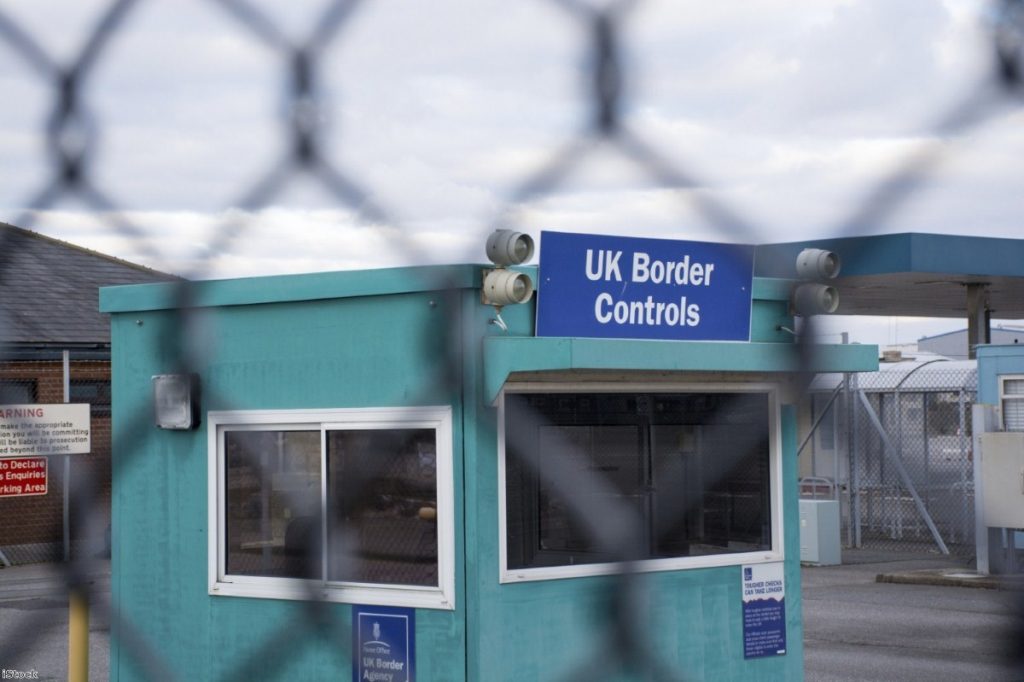Brexit is likely to trigger a significant decrease in immigration, but it will be due to a severe decline in the UK's economic performance rather than government policy.
A new report by the Social Market Foundation think tank suggests the economic effect of Brexit could be so harsh that net migration to the UK will fall by 58% next year.
"Two of our forecasts show that the Conservatives will meet their net migration target after all, even without any changes to immigration policy," researcher Ben Richards said.
"This is the result of a deteriorating economic outlook, including a sharp reduction in job vacancies and increased unemployment.
"These forecasts don't take into account actual policy changes on migration – such as the possibility of stricter immigration rules in the event of leaving the EU – but instead just consider how migration tends to fall when unemployment rises.
"The next few years could demonstrate that the state of the economy is more important for net migration than EU membership."
While the UK debate over immigration tends to focus on benefits, public services and freedom of movement, the evidence shows that inflows are far more dependant on the availability of jobs in the economy.
Net migration turned negative in the early 1990s due to high unemployment but gradually increased through the decade as job opportunities improved. It jumped in 2004, following EU enlargement, and reached a peak of 273,000 in 2007, but fell again following the financial crisis of 2008, bottoming out at 177,000 in 2012. After this, employment improved and immigration started to rise again.
Brexit is now expected to produce another shock to the UK economy and possibly even a fresh recession. Economists believe that regardless of any future government policy to reduce migration, the reduction in jobs will mean fewer people come to the UK.

Some analysts even expect a reduction in immigrants due to the TV images – broadcast around the world – of racial abuse in the wake of the Brexit vote.
The Social Market Foundation provided three forecasts of net migration levels between 2016 and 2020.
The first, based on estimates of unemployment trends, forecasts a fall in net migration to 162,000 by 2018 and 131,000 by 2020, due to declining employment opportunities.
The second forecast assumes the UK will leave the single market entirely, delivering a much more significant economic blow to the country. Under this more pessimistic assessment, net migration would fall to 130,000 in 2018 and 99,000 in 2020, finally allowing the Conservatives to hit David Cameron's pledge to reduce the numbers to the "tens of thousands".
The think tank also provides a third forecast, based on very early post-referendum figures on the impact of the Leave vote on job vacancies. Initial figures from the Financial Times showed a very steep fall in job openings advertised online in the week immediately following the referendum.
The week of June 14th-22nd showed job offers broadly in line with where they were the year before, but the week of June 23rd to July 4th showed a 47% year-on-year decline.
The severity of that decline is likely to be a short term response to heightened uncertainty – even the severe forecast on Britain leaving the single market only suggests a 2.4% rise in unemployment from where it would have been in 2018. But if it did reflect a sustained trend, it would lead to a 58% drop in net migration by next year, meaning the Conservatives would hit their net migration target by 2019, but at a terrible economic cost.





-01.png)